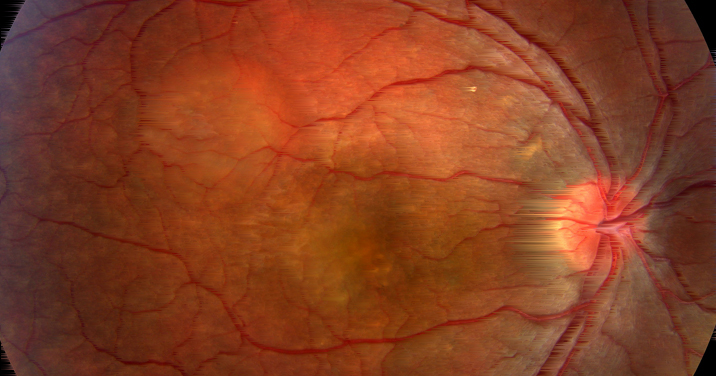Researchers in Europe are developing a retinal scanner that could aid in the early diagnosis of diseases that cause blindness (There are nearly 200 million cases of diabetic retinopathy worldwide). With factors such as an aging population, higher life expectancies and the rising incidence of diabetes, the OCTChip presents an opportunity to prevent certain cases of blindness.
Still in development, the hand held device will be about the size of a one-cent coin. This is significant, because it can be difficult to access the back of the eye (the retina has a thickness of 0.25 mm and is more than 10 layers) with technology other than optical coherence tomography, which is expensive.
“State-of-the-art OCT technology has its limitations: It is bulky, the size of a desk top and quite expensive, costing anything in the region of €100, 000 per unit. It can detect abnormalities but at the present moment, compact, cost effective versions that can be used outside of hospitals and in private practice in a hand held mode do not exist,” said Professor Wolfgang Drexler, Professor of Medical Physics and Head of Center for Medical Physics and Biomedical Engineering at the Medical University of Vienna in a press release. “Retinal diseases like Diabetic Retinopathy and Glaucoma as well as other retina diseases that are worldwide leading causes for blindness might be diagnosed via screening with this cost-effective compact point-of-care version of OCT. [The] OCTChip fosters wide spread use to visualise and quantify the retina in more definition, so we can diagnose diseases better, quicker, and cheaper.”
Researchers expect the device, which will operate wirelessly and have Bluetooth capabilities, to lower costs and be maintenance free. They also suggest that it may have future use as a battery-operated capsule that diagnoses gastrointestinal conditions.





